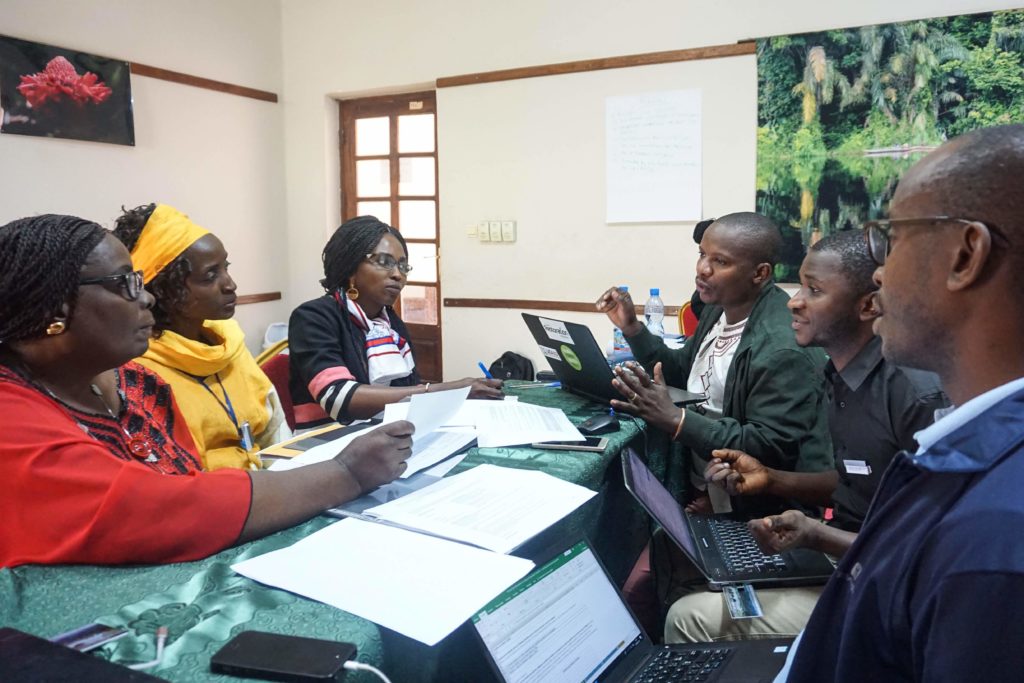Since 1995, the U.S. Forest Service has been assisting Central African governments, universities, civil society organizations, and local communities with sustainable land-use planning, forest inventory, and management of wildland fire and protected areas. Its assistance in sustainable forest management contributes to USAID’s largest environmental conservation program, called the Central Africa Regional Program for the Environment (CARPE). The goal of the program is to promote biodiversity conservation, climate change mitigation and livelihoods support in one of Earth’s largest expanses of intact tropical forests.
An external evaluation of CARPE concluded that the program has been extraordinarily successful in introducing large-scale ecosystem management approaches and recommended that CARPE should be refined and continued. The Forest Service is proud to be part of that continuation and refinement. Over the next five years, the Forest Service will focus its support on ensuring that its long-term partners, from government agencies to civil society organizations, have the tools and expertise they need to ensure sustainable management of their natural resources, and to shift from recipients to owners and actors in generating solutions.
For example, USFS is supporting a region-wide program to fund scholarships for young women professionals to complete master’s degrees in forestry, climate change and natural resource management, thereby expanding the cadre of trained professionals ready to take on tomorrow’s challenges. USFS will also enthusiastically support the expansion of community management of forests, a ripe opportunity in the Democratic Republic of the Congo and elsewhere in the region. Local management of forested areas by those who live in and around them has been shown to significantly improve their long-term protection and sustainable use, and USFS is working with government and civil society to strengthen community management approaches and share those practices across the region.

Visit the Forest Service’s CARPE website to learn more about upcoming programs and past accomplishments.